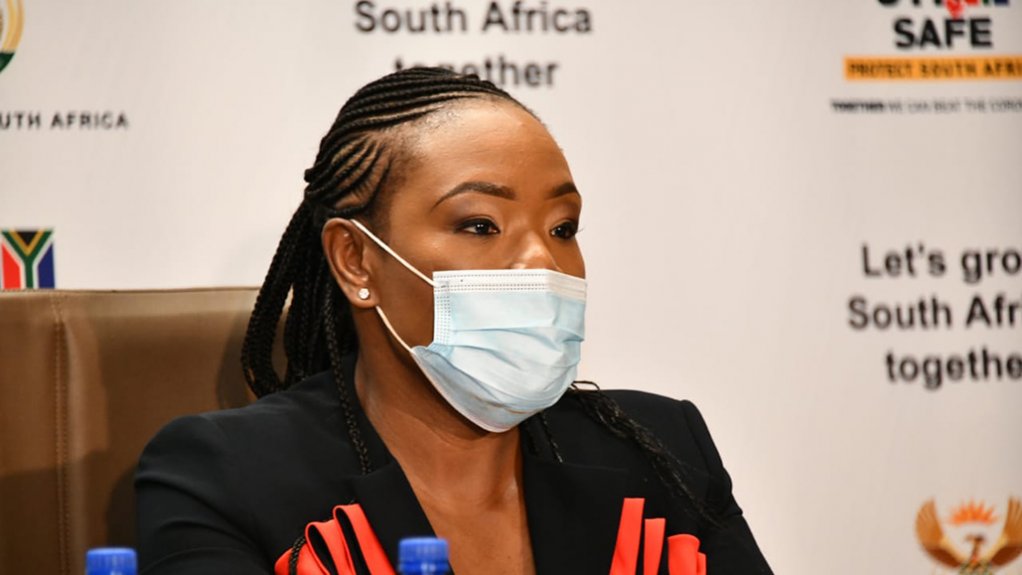/ MEDIA STATEMENT / The content on this page is not written by Polity.org.za, but is supplied by third parties. This content does not constitute news reporting by Polity.org.za.
The Inkatha Freedom Party (IFP) has noted the briefing by Auditor-General (AG), Ms Tsakani Maluleke, regarding the audit outcomes for National and Provincial Departments.
The IFP wishes to commend the Office of the AG for their exemplary work; sadly, the same cannot be said of the departments and entities they scrutinised. According to the AG, of the 425 departments and public entities audited, only 115 auditees received clean audits. This is a small improvement from the 109 of the previous financial year.
This, however, is where the good news ends.
34 audits were not completed, due to the late or non-submission of the requisite financials. These late submissions have a ripple effect and effectively undermine transparency and accountability, as they are then not included in Annual Reports, or the Annual Reports of Departments are submitted late – or not at all – making it impossible for Parliament to fulfil its oversight role.
Further, almost 50% of the financial statements submitted were not credible, and it was left up to the AG’s Office to make corrections.
The IFP wishes to echo the AG’s sentiment: government departments and entities need to get back to basics, and they need to ensure they have personnel with the necessary qualifications to complete the work at hand on time and without material errors.
The AG reported that seven government departments and entities - Alexkor, the Land Bank, the Independent Development Trust, the Post Office, SAA, SA Express and Denel – had outstanding audits. They had also been flagged for material uncertainties in the previous financial year. In addition, 12 public entities received “the worst audit opinion an auditee can get” – a disclaimed opinion. This does not bode well for the financial health of our SOEs.
The IFP is in full agreement with the AG that the trend of late and non-submission of financial reports is completely unacceptable. Not only does it prevent accountability, but it also impacts consequence management.
Then we come to government departments and their unauthorised expenditure.
Health, Education and Public Works – departments tasked with providing essential services – were revealed to have the poorest financial health and accounted for 90% of all unauthorised expenditure.
R1.76 billion was paid out in medical negligence claims by provincial health departments alone, with R124.15 billion in claims still unpaid.
Then there was R1.72 billion in fruitless and wasteful expenditure, again with the primary offenders being SOEs and the key service delivery departments.
Irregular expenditure was up to R166.85 billion, from R109.82 billion for the previous financial year. The AG attributes this to the auditees not following the supply chain laws and regulations relating to procurement.
Again the IFP echoes the AG: urgent action is needed.
With the impact of the Covid-19 pandemic on national and provincial governments, there is no wiggle-room in budgets. And with millions of South Africans living without basic services, or without employment, the billions of Rands that have been lost or wasted over the past financial year are nothing short of criminal.
As we enter the fourth year of this present government, transparency, accountability and consequence management need to become the norm – not the exception.
The IFP therefore welcomes the AG’s new powers - implemented in full this year - allowing the Office to take binding remedial action against Accounting Officers of departments and entities where material irregularities have been uncovered.
Issued by IFP Chief Whip in Parliament Narend Singh
EMAIL THIS ARTICLE SAVE THIS ARTICLE ARTICLE ENQUIRY
To subscribe email subscriptions@creamermedia.co.za or click here
To advertise email advertising@creamermedia.co.za or click here











